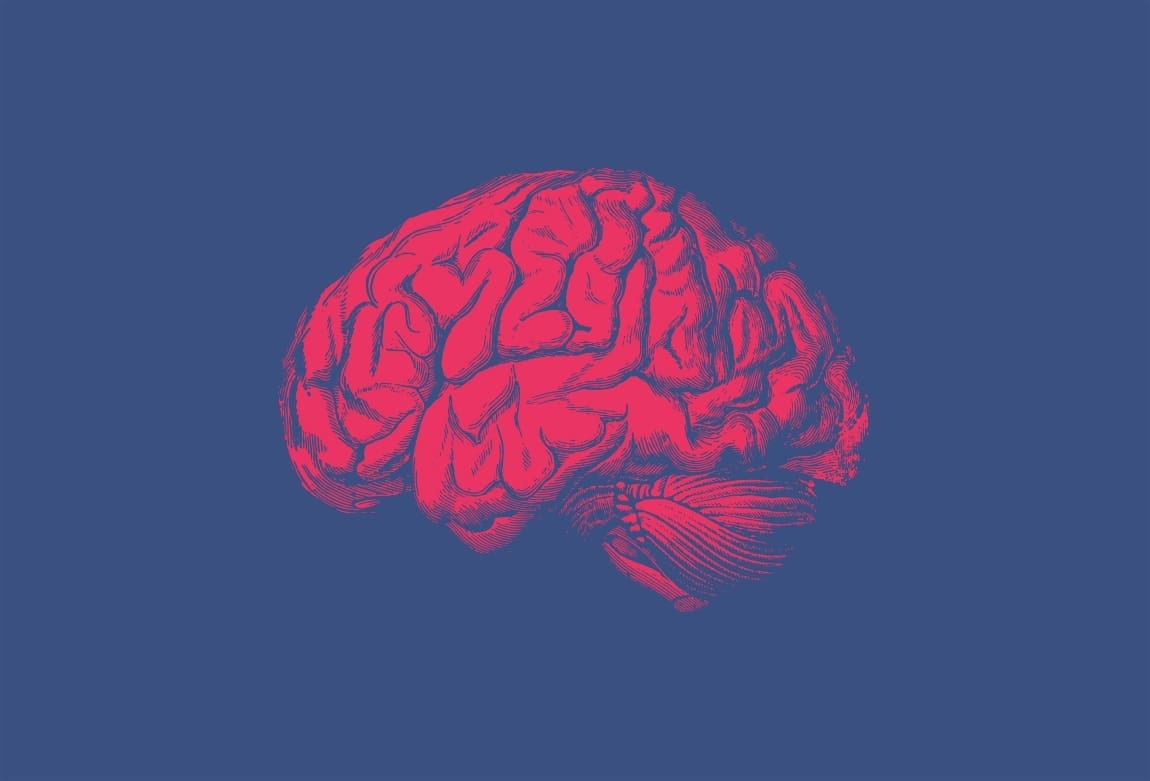By University of Copenhagen, The Faculty of Health and Medical Sciences
This is the first study in Denmark showing a link between air pollution and dementia. “The novelty of this study is the very detailed and accurate data that we use,” says researcher behind the study.
Results from new study suggests that long-term exposure to air pollution leads to increased risk in dementia in Denmark.
“We also find association with noise, but this seems to be explained by air pollution primarily. Our study is in line with growing international knowledge on this topic.” says Professor at Section of Environmental Health Zorana Jovanovic Andersen.
This is an important finding which adds that air pollution, beyond well-known effects on respiratory and cardiovascular system, also has major impacts on our brain, promoting inflammation in the brain, accelerating cognitive decline, and increasing risk of dementia.
“This is the first study in Denmark showing a link between air pollution and dementia. Although air pollution levels in Denmark have been declining and are relatively low, compared of the rest of Europe and world, this study shows that there are still significant and concerning health effects that demand more action and policies towards reduction of air pollution. As we are going to live longer, and more and more people will be diagnosed with dementia, this finding is important as it offer an opportunity to prevent new dementia cases, and ensure more healthy aging, by cleaning up the air we breathe,” says Zorana Jovanovic Andersen.
An internationally unique study
The study followed a cohort of nurses for 27 years, from 1993 until 2020.
“This is internationally unique and necessary in regards of the development of dementia which can take many years. Second, the air pollution was estimated for each participant for a total of 41 years (from 1979 until 2020), which is also incredible. Third, we had extensive details about participant’s lifestyle and socio-economics and all our result take them in consideration. The novelty of this study is the very detailed and accurate data that we used,” says Research Assistant from Section of Environmental Health Stéphane Tuffier.
“Nurses with higher physical activity had a lower risk of dementia when exposed to air pollution compared to nurses with less physical activity. This indicates that physical activity might mitigate the adverse effects of air pollution on cognitive decline and risk of dementia,” Tuffier says.
More information: Tuffier S, Zhang J, Bergmann M, et al, ‘Long-term exposure to air pollution and road traffic noise and incidence of dementia in the Danish Nurse Cohort’, Alzheimer’s & Dementia (2024, 1-12), DOI: 10.1002/alz.13814. University of Copenhagen – Press Release Featured image credit: Jack Moreh




